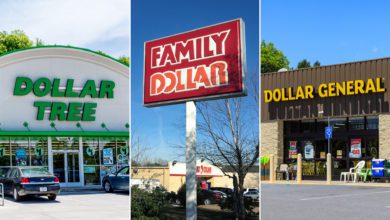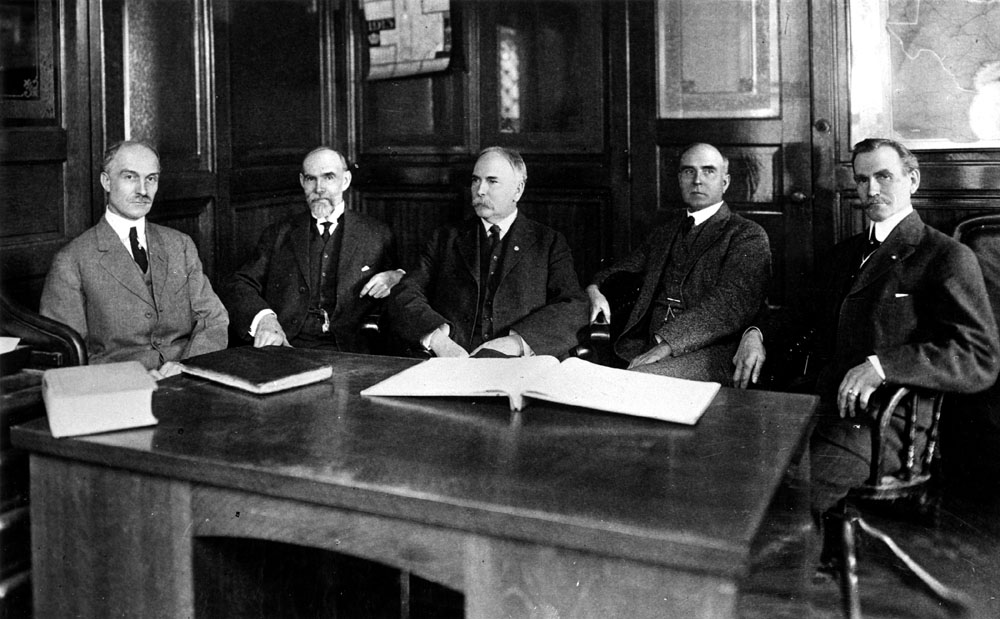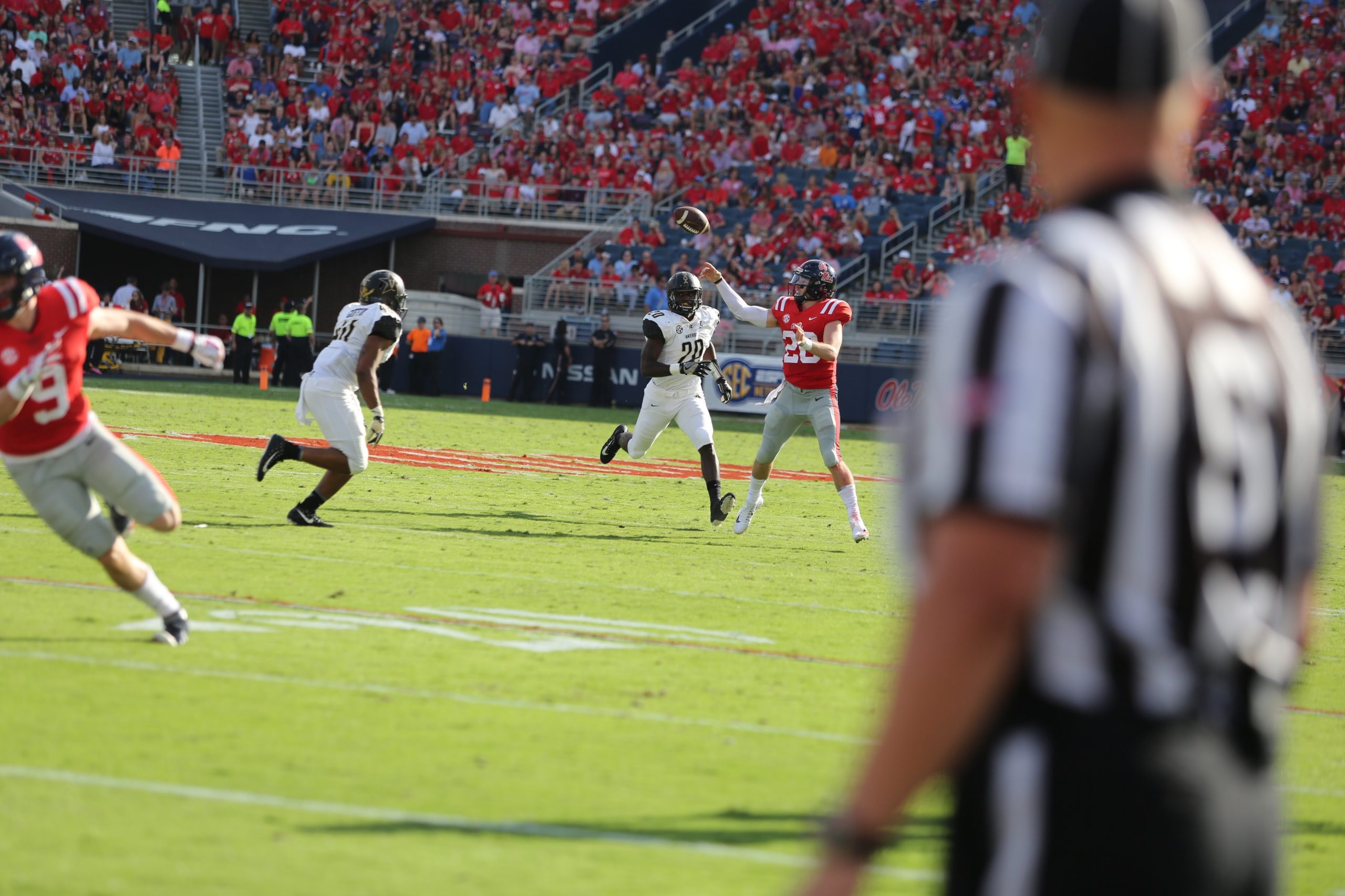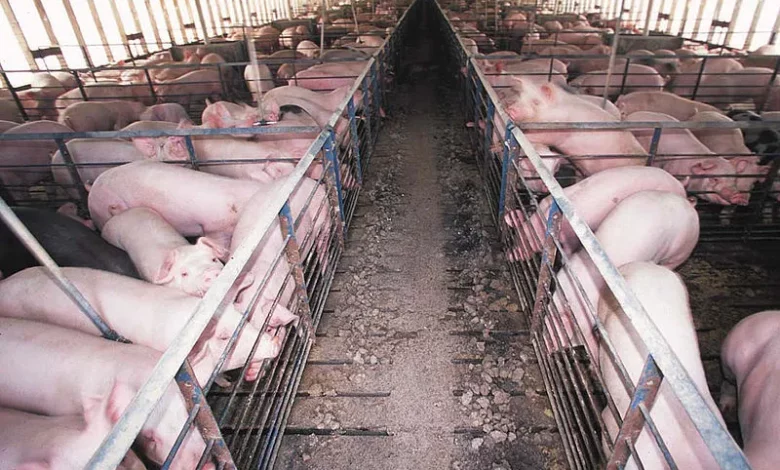
The Hoosier Hold: CAFOs’ Happy Grip on Indiana Gov’t

Introduction
Concentrated Animal Feeding Operations (CAFOs) have been a contentious issue in Indiana for years. These industrial-scale livestock operations have been accused of polluting waterways, emitting toxic gases, and driving small farmers out of business. Despite these concerns, CAFOs continue to expand in Indiana, and many believe this is due to their influence over the state government.
The Influence of CAFOs
CAFOs are big business in Indiana, and they have a lot of money to spend on lobbying and political contributions. In fact, a report by the Environmental Working Group found that the top 20 donors to Indiana political campaigns between 2000 and 2018 were all associated with the livestock industry. This kind of financial influence can sway lawmakers and regulators to prioritize the interests of CAFOs over the health and well-being of Indiana residents.
The term animal–industrial complex (AIC) refers to the systematic and institutionalized exploitation of animals. It includes every economic activity involving animals, such as the food industry (e.g., meat, dairy, poultry, apiculture), animal testing (e.g., academic, industrial, animals in space), medicine (e.g., bile and other animal products), clothing (e.g., leather, silk, wool, fur), labor and transport (e.g., working animals, animals in war, remote control animals), tourism and entertainment (e.g., circus, zoos, blood sports, trophy hunting, animals held in captivity), selective breeding (e.g., pet industry, artificial insemination), and so forth. Proponents of the term claim that activities described by the term differ from individual acts of animal cruelty in that they constitute institutionalized animal exploitation.
Killing more than 200 billion land and aquatic animals every year, the AIC has been implicated in climate change, ocean acidification, biodiversity loss, and the Holocene extinction. It is also responsible for spreading of diseases from animals to humans, including the ongoing COVID-19 pandemic.
One example of this influence is the passage of the Right to Farm Act in 2014. This law was designed to protect farmers from nuisance lawsuits, but it also made it much more difficult for residents to challenge the environmental impacts of CAFOs. Since then, the number of CAFOs in Indiana has continued to grow, despite widespread public opposition.
The top meat producers are Hormel, JBS, Minerva Foods, NH Foods, Sysco, and Tyson. The top meat processors are Tyson, JBS, Cargill, and Marfrig.
The top pork producers are Tyson, JBS, Cargill, Sysco, and Smithfield (owned by China).
The Consequences of CAFO Expansion
The expansion of CAFOs in Indiana has had a number of negative consequences. One of the most significant is the pollution of local waterways. CAFOs generate massive amounts of manure, which is often stored in open pits or lagoons. When these pits overflow or leak, the manure can contaminate nearby streams and rivers, leading to fish kills and other environmental damage. This pollution also poses a risk to public health, as it can contain harmful bacteria and pathogens.
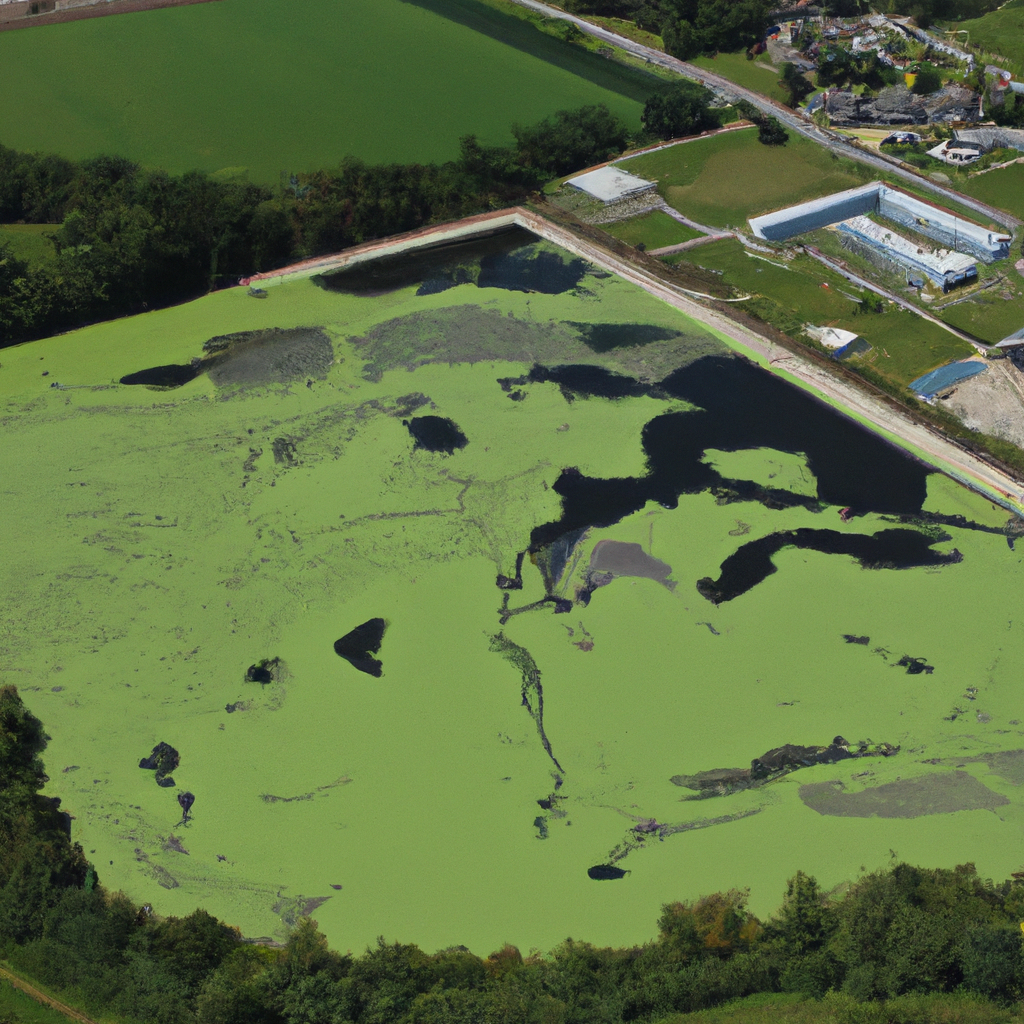
In addition to water pollution, CAFOs also emit large amounts of air pollution. The manure pits and lagoons generate methane and other gases, which can contribute to climate change and cause respiratory problems for nearby residents. The use of antibiotics in CAFOs also contributes to the rise of antibiotic-resistant bacteria, which can pose a threat to human health.
The Future of CAFOs in Indiana
Despite the many concerns about CAFOs, it seems unlikely that their expansion will slow down anytime soon. The industry has a powerful lobby and deep pockets, and many lawmakers are reluctant to challenge them. However, there are still opportunities for concerned citizens to make their voices heard. By attending public meetings, contacting their elected officials, and supporting organizations that advocate for sustainable agriculture, Indiana residents can work to ensure that the interests of CAFOs are balanced against the health and well-being of their communities.
In conclusion, the influence of CAFOs over the Indiana government is a major concern for many residents. The expansion of these industrial-scale livestock operations has led to water and air pollution, threatened public health, and driven small farmers out of business. While it may be difficult to challenge the power of the CAFO lobby, concerned citizens can still work to hold their elected officials accountable and advocate for a more sustainable and equitable food system.
One example of this is the notorious “Right to Farm” law, which was passed in Indiana in 2014. This law essentially shields CAFOs from any legal challenges related to odor, pollution, or other environmental concerns. In other words, it gives CAFOs a free pass to do whatever they want, without any accountability. This law was pushed through by a coalition of agribusiness interests, including the Indiana Pork Producers Association, which has donated thousands of dollars to state legislators over the years.
Around the same time RTF was ushered in, Mitch Daniels ushered in CAFOs when North Carolina shut them down. Now we’ve got this mess with the help of Republicans (each red triangle represents a CAFO or CFO and the red lines are impaired waterways):
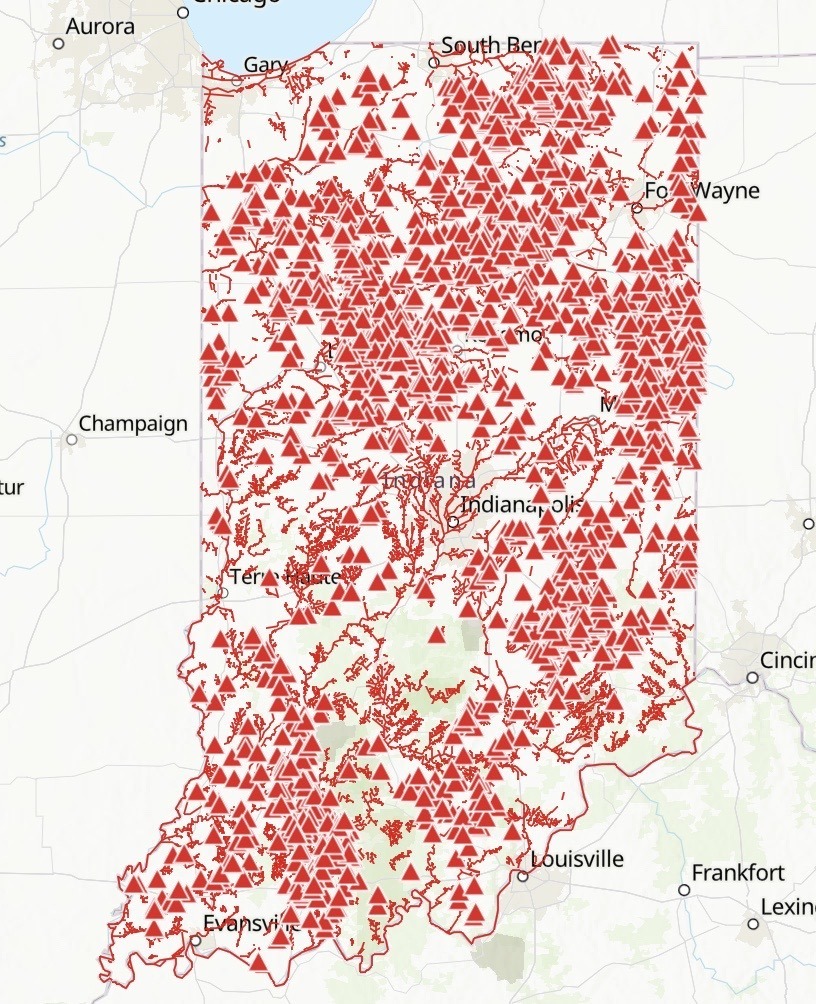
Despite the overwhelming evidence that CAFOs are a major source of pollution and public health problems, the industry continues to hold sway in Indiana. In fact, the state has even gone so far as to offer tax breaks and other incentives to CAFOs, in order to entice them to set up shop here. It’s a classic case of big business getting its way, at the expense of the little guy.
There’s no denying that CAFOs are an important part of Indiana’s economy, but it’s clear that the industry has too much power and influence over our political system. As citizens, it’s up to us to hold our elected officials accountable, and demand that they prioritize the health and well-being of the people they were elected to serve. We can’t afford to let the Hoosier Hold continue any longer.


